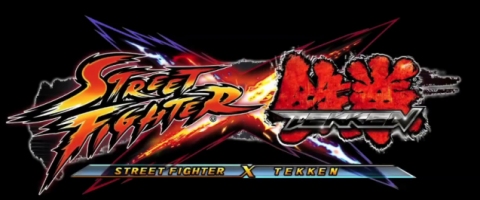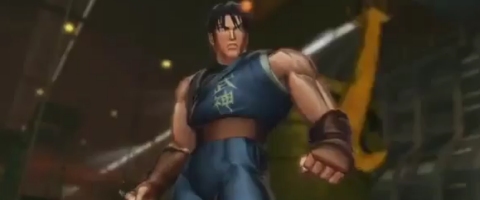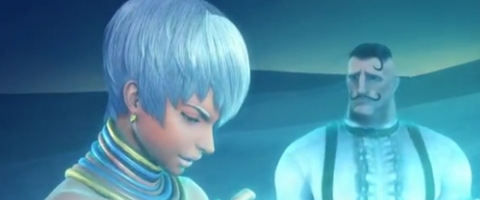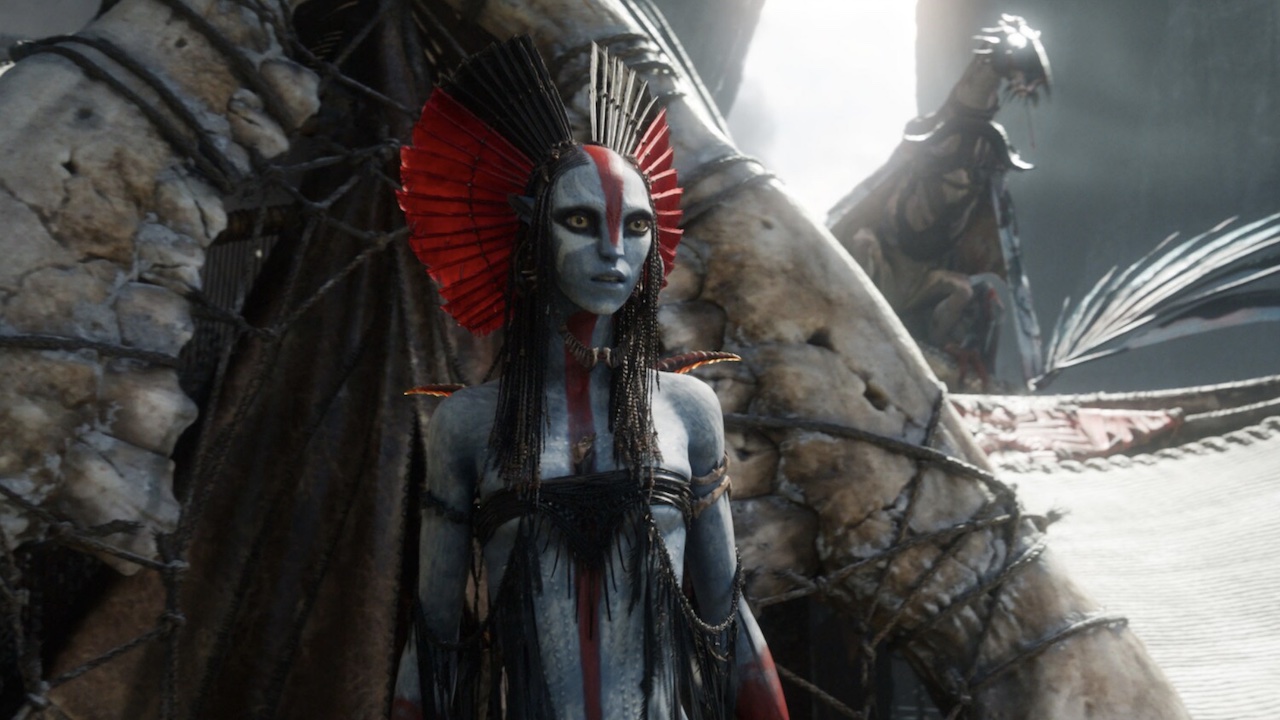Industry Blend: Capcom's Disc-Locked Content Could Combat Used Game Sales

Your Daily Blend of Entertainment News
You are now subscribed
Your newsletter sign-up was successful
Let's be completely honest here, anyone worth their salt knows what Capcom did with locking out a third of Street Fighter X Tekken's content behind a pay-wall for compatibility reasons was dishonest, to say the least. Supporters have popped up across the board to defend the tactic from every angle imaginable, however it doesn't curb the fact that a third of the game's content is already on the disc and being locked away until you pay more to access it.
Now a lot of Capcom supporters have argued on the terms of legality; about license agreements; going on and on about EULAs and terms and conditions. Let's be honest, we don't play video games to deal with legal issues, we play them to have fun and we pay for them as a means of entertainment because we enjoy them. If enough of us pay the publisher, they might be nice enough to publish another good game for us. However, as Red 5 Studios' CEO Mark Kern pointed out, gamers don't need publishers as much as publishers need gamers.
This brings us to a crucial point of where the industry now stands: Capcom wants to push boundaries as a publisher with their relationship with gamers. They've taken consumers for granted enough that they believe that they can include more and more content on the disc and restrict access to it via the aforementioned pay-wall.
The interesting part about this is that a lot of people think it's just Capcom being greedy, and a lot of gamers have acquiesced that they would pay for the additional disc-locked content if it was at least made available sooner. Well, there's a potentially big reason why the content is being locked out and Capcom is waiting to trickle it out several months from now as opposed to right now.

Ex-Bioware employee Christina Norman made a poignant comment at GDC that really stuck out, saying...
"Building good DLC is really hard, and developers are constantly trying to find a way to develop that DLC better, get it out to players, and to reach players" .... "There's no point in releasing DLC a year after your game comes out when most people have already sold it back to Gamestop three times. So, that means getting it out early. That means day one DLC."
You catch that part about turning in a game several times over? Essentially, Capcom is doing exactly what Norman is saying developers don't like doing when releasing DLC...waiting to release it after the game has already been turned over several times at GAME or GameStop or wherever. Now why is that?
Here's why: Capcom knows they can't beat the used game market but they want a piece of the pie. This has been a growing trend this generation from AAA publishers despite each year constantly breaking records within the industry for growth and profits. Electronic Arts has found a way to combat used game sales with first-buyer online passes (even though they have expiration dates), essentially making it where all subsequent buyers must pay a $10 pass to play used games online. Activision has a steady stream of bi-monthly DLC for their heavy hitters, so even if you get the game used you'll still have to cough up $15 to play with everyone else who has the latest and greatest content. And seeing that these extra profit-mongering incentives are working well for the biggest publishers in the industry, Capcom has decided to get in on the game. They want some pie. So what does Capcom do? Capitalize with disc-locked content.
Your Daily Blend of Entertainment News

Now the difference between downloadable content and disc-locked content is that the former is usually supposed to be designed after a game's release, providing extra hours of single or multiplayer content via expanding on the game, it's like premium bonus content or in the case of CD Projekt and Valve, free content for loyal buyers. Now the latter, disc-locked content, is premium content that was stripped away from being accessible in the main game but still fully finished and tucked away on the disc, enabling the game to pass certification when the game goes gold (or development is complete) and shipped off to manufacturers. The upside is that there are no fees on Capcom's end to be paid to Microsoft or Sony for hosting or delivering the content via their online services and they don't even have to design, develop or distribute anything...it's already on the disc.
So the real question is how can this method guarantee post-launch profits when the game is being sold by retailers and e-tailers used? Easy, you advertise. It's cheaper for Capcom to spread the word about new characters that anyone can access whether they have a new or used copy of the game. It sure beats re-releasing a disc-based version of the title that people may or may not want to buy, hence the poor sales of Ultimate Marvel Vs Capcom 3 [via The Silent Chief].
Instead, they just need to send out a few press releases that most by-the-books video game websites will churn out like clockwork, feeding the masses into the factory-style line to purchase whatever Capcom has to offer. And in this case, Capcom will be offering "new" content locked away behind a pay-wall on a disc you owned all along, or a disc you recently bought used. Either way, they still profit.

The only snag they have with their plan now is that a few people know about the plan, which could make it tricky to market disc-locked content without being outed as a corporation looking to double dip after initial sales. Of course, there will still be the large gaming websites out there who will undoubtedly play by the rules and help Capcom promote the disc-locked content because, well...it pays the bills and that's a lot more important than sticking up for some faceless consumer.
PR on Capcom's part will also probably work in overtime to downplay the importance of disc-locked content, leaving comments on popular websites with articles similar to this to diffuse the pent up gamer rage, as well as posting regularly on the Capcom Unity blog about some "incentives" for unlocking content already stored on the disc. I can already imagine a special first-week sale where you'll be able to unlock the first four characters and two alternate costumes for only $4.95 instead of $9.95. And later there will probably be a bundle packaged deal for the gems, enabling you to gain access to maybe the first 25 gems for only $8.95 and then later making all of the gems accessible for the budget price of $19.95. I'm sure a lot of gamers will defend these deals and say how gracious Capcom is for allowing people to pay for content off the disc they already own for a cheaper price. Even though realistically, from a common sense point of view, the whole thing sounds quite absurd.
There is, however, good news regarding this whole situation. The doom and gloom hanging over most gamers' heads about this kind of business practice may turn out to have a happy ending after all. Capcom will be further addressing the DLC issue for Street Fighter X Tekken as well as the PS Vita version of the game in April. So, you can take that for what it's worth and possibly hope for the best.
Nevertheless, I'm sure if Capcom gets their way (and they probably will) whether you buy the game used or not Capcom will be relying on DLC to compensate for used game sales regardless. Now unless you have a megaphone to reach every non-website-visiting casual gamer and Joe Schmoe consumer out there, Capcom still wins.
Staff Writer at CinemaBlend.

